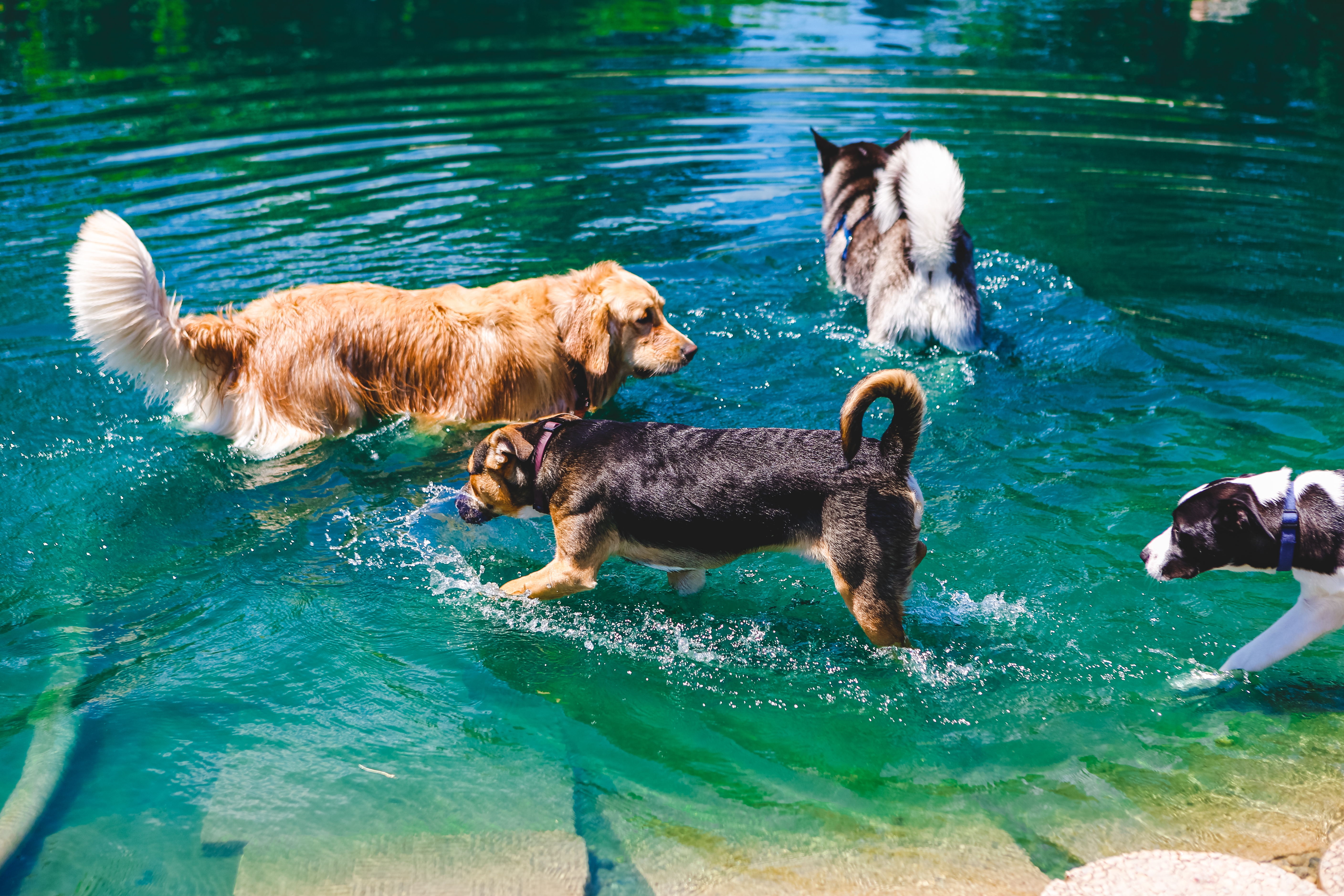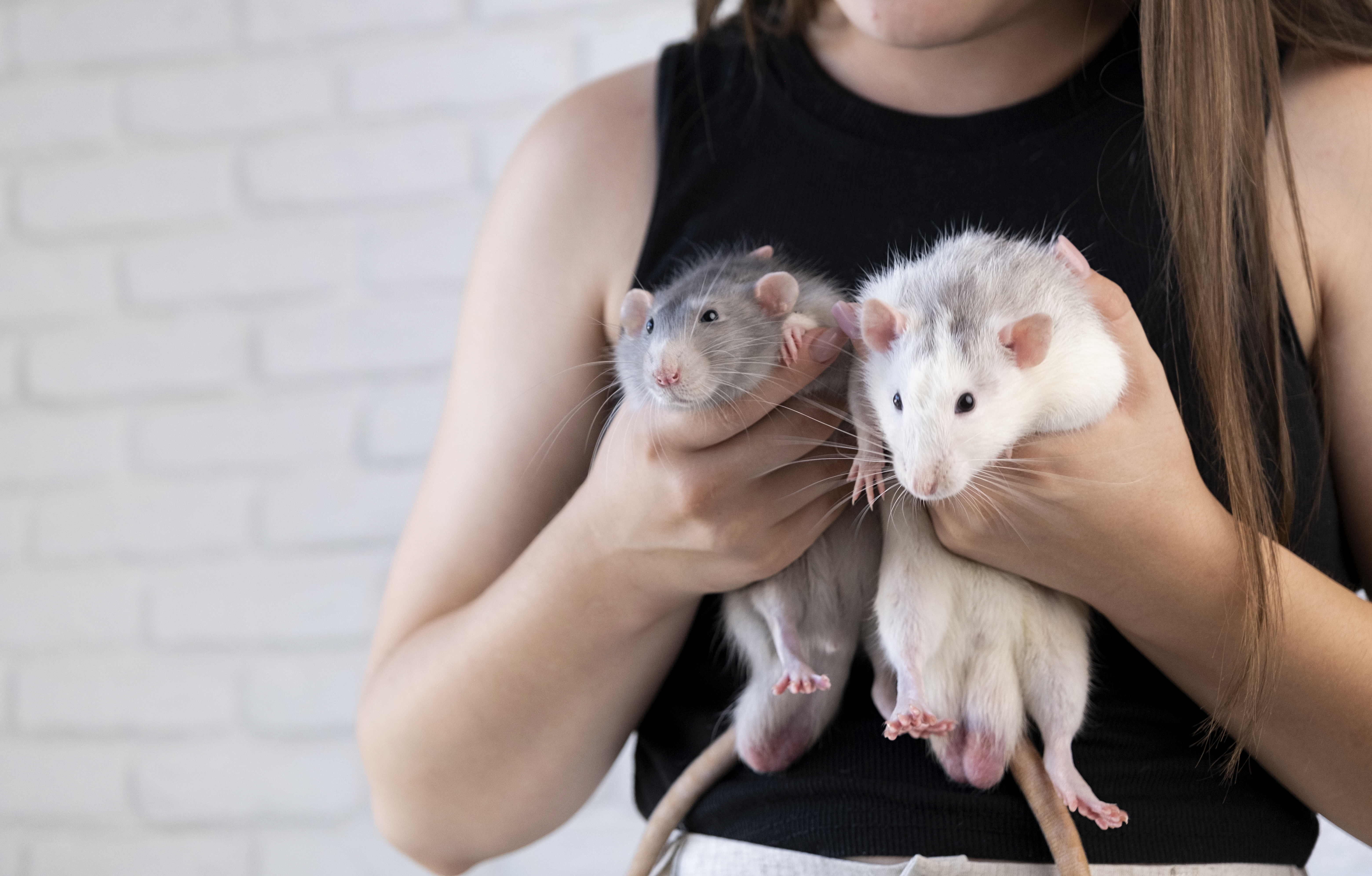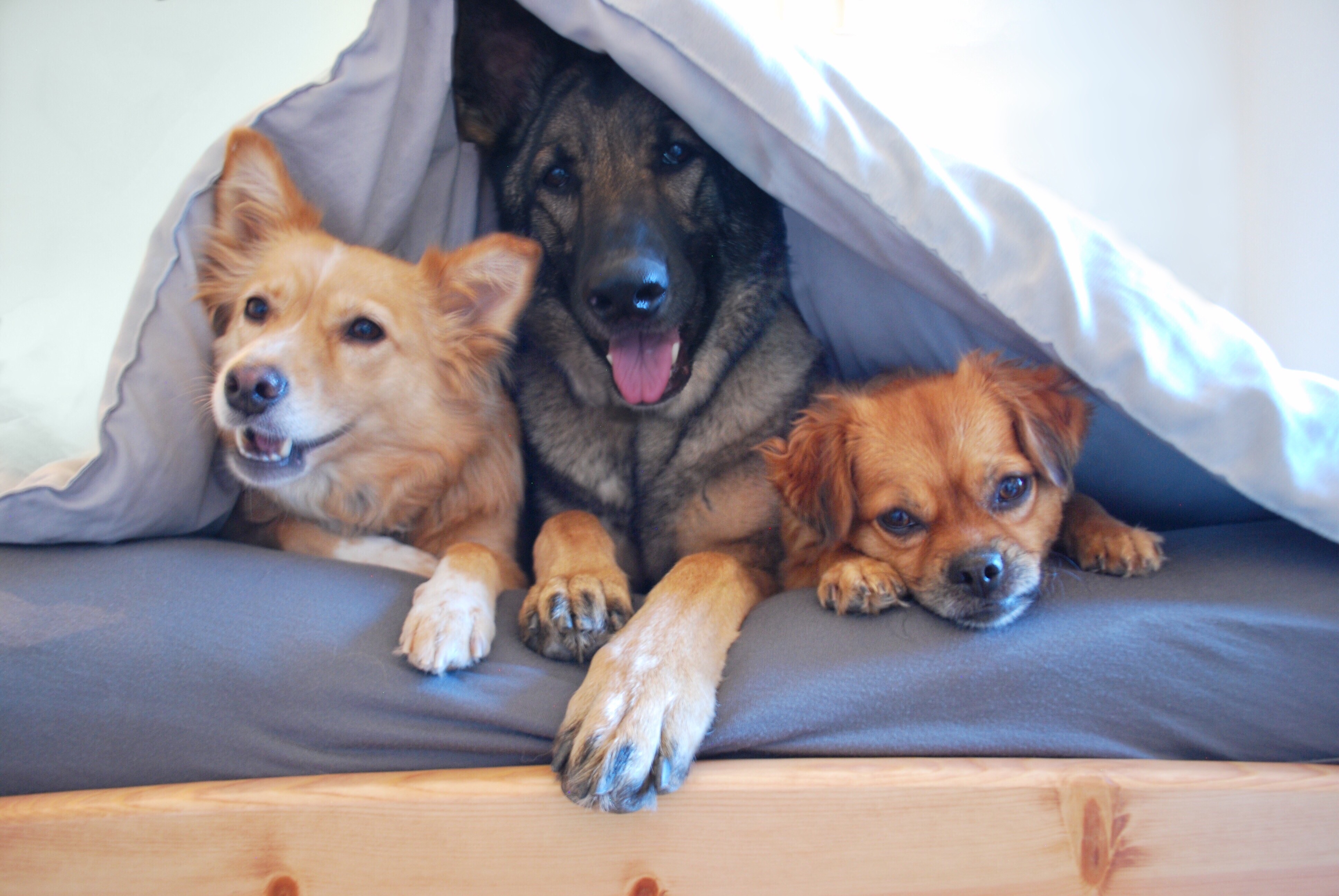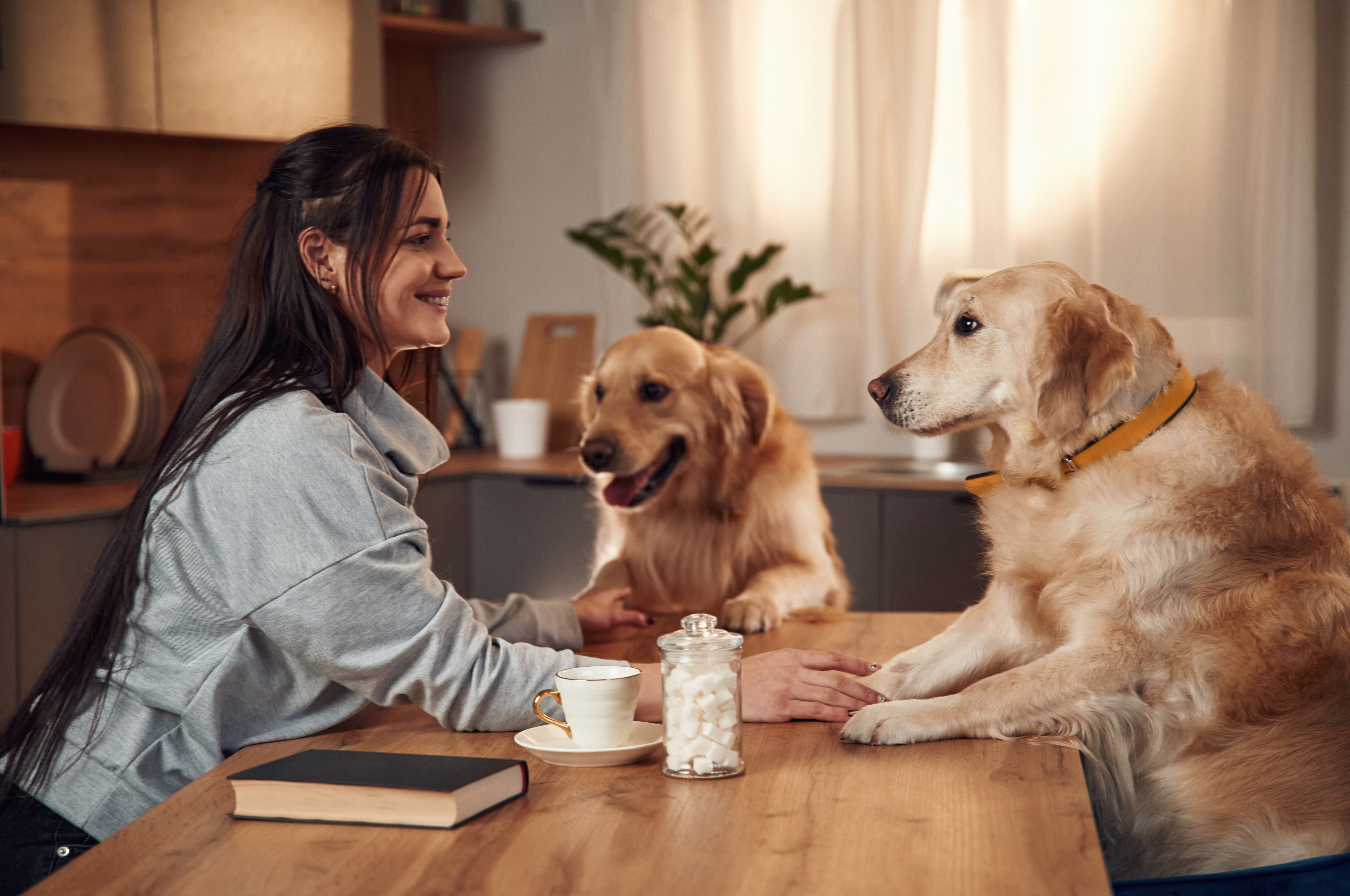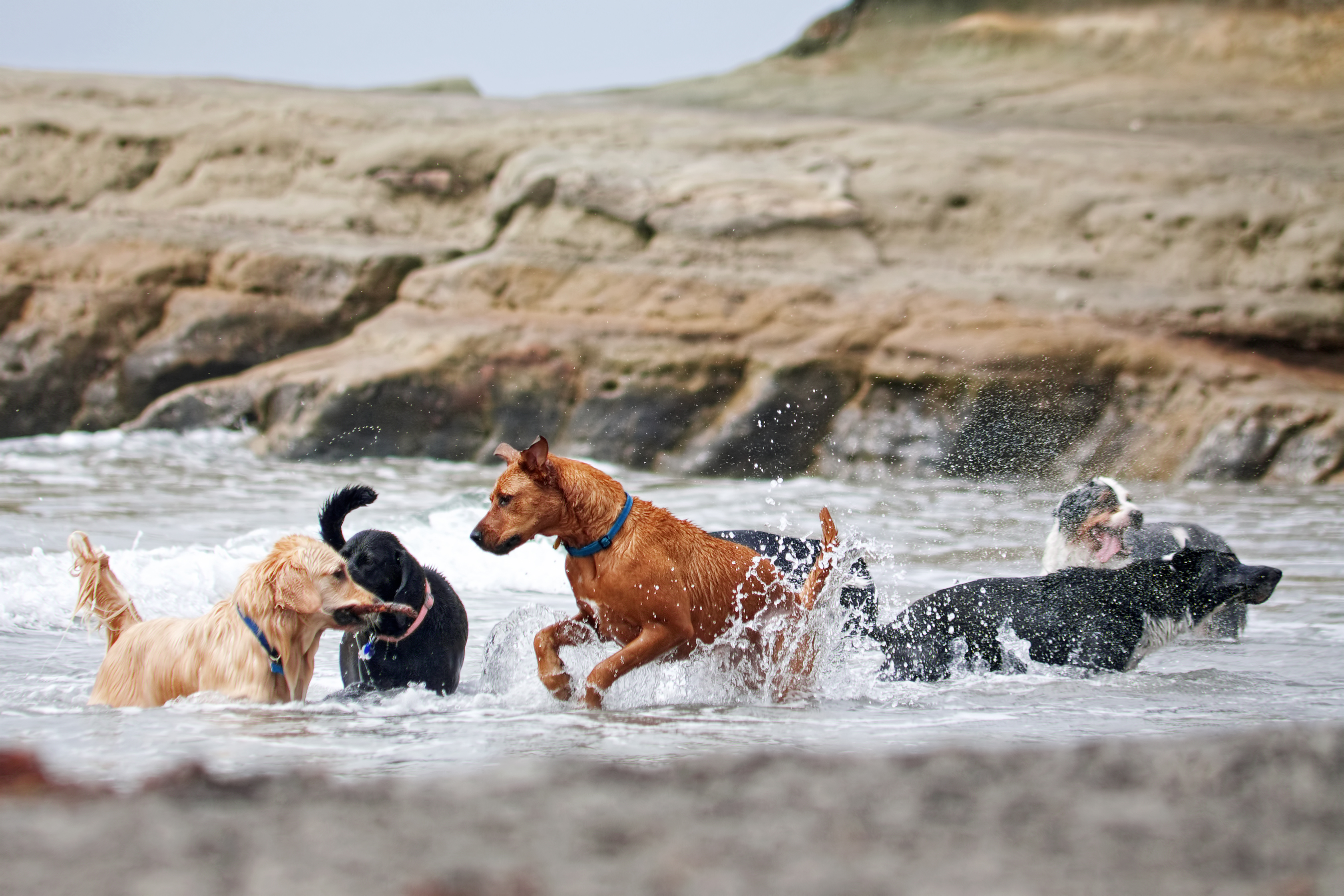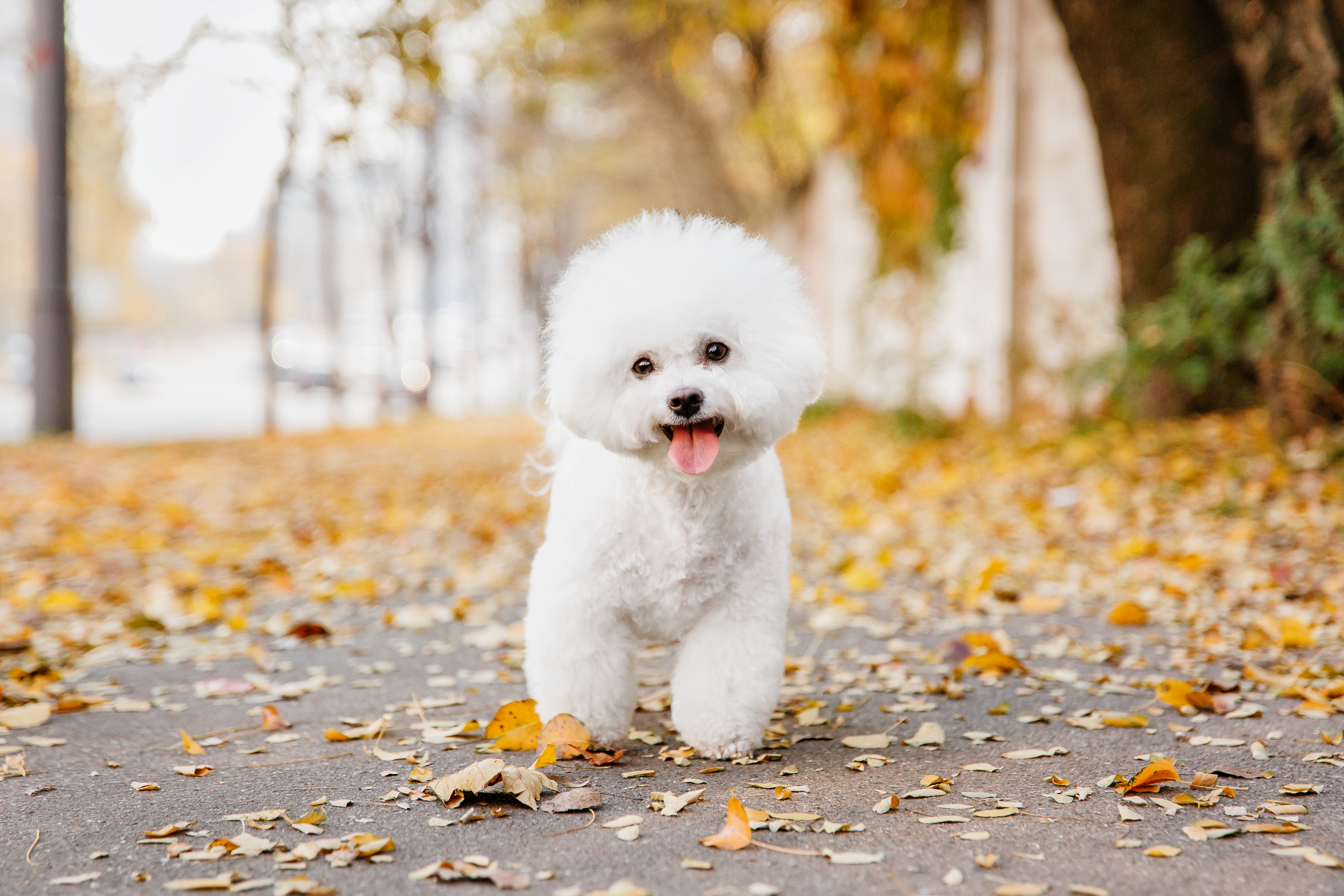How To Treat Ear Infections In Puppies
Just like human babies, puppies can be vulnerable to ear infections. The symptoms of ear infections in dogs include whining, shaking or tilting of the head, pawing at the ears, discharge, and odor coming from the ears. The condition is often caused by proliferating bacteria, yeast, or impacted wax, which leads to inflammation, infection, and discomfort for your furry friend. Some dogs are more prone to ear infections than others, such as dogs with floppy ears or water dogs who love to swim. Ear infections can be very painful, but they’re quite treatable as long as you get to the vet in the early stages of the infection. If you suspect your new puppy has an ear infection, here is what you need to do.
Thorough Cleaning At The Vet's Office
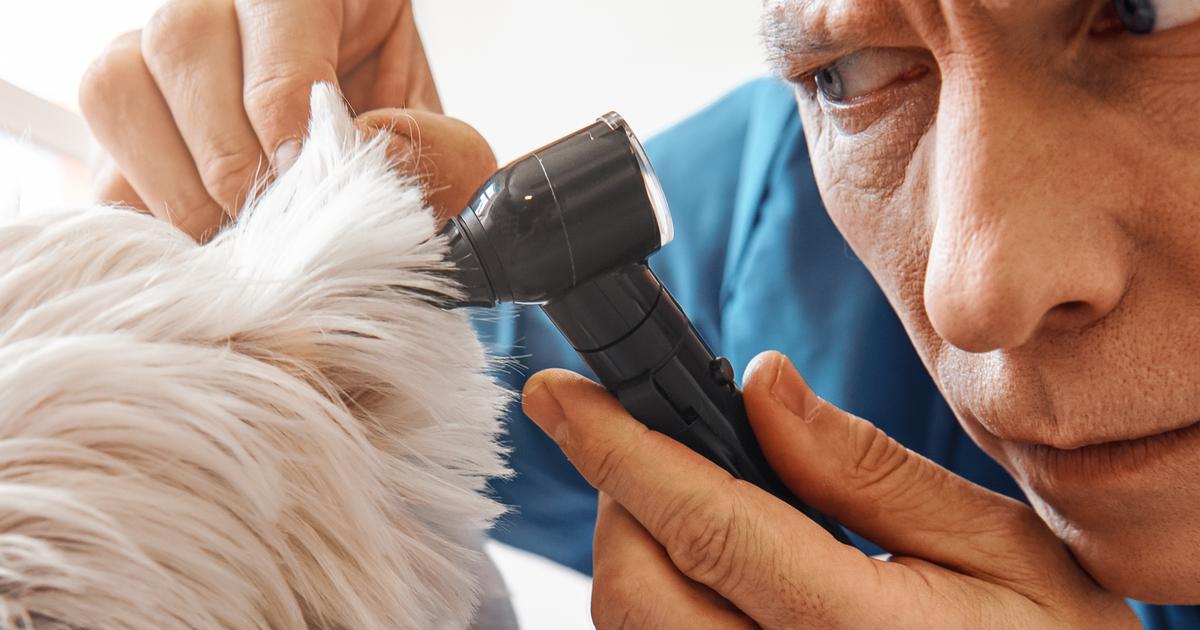
The first intervention for a puppy ear infection is a visit to the veterinarian. The doctor will first examine your puppy’s ears to confirm an infection and determine the right course of treatment. Then, they will cleanse your puppy’s ears with a medicated solution. If your puppy is in a lot of pain, the vet can also provide a sedative to make them more comfortable. A thorough cleaning at the vet's office can help clear your puppy’s ears to kick-start the healing process. It also serves as a demonstration for the owner on how to safely clean a dog’s ears. A puppy with an ear infection must have their ears cleaned regularly at home, so the owner must learn how to do it the right way.
Topical Medication For Home Use
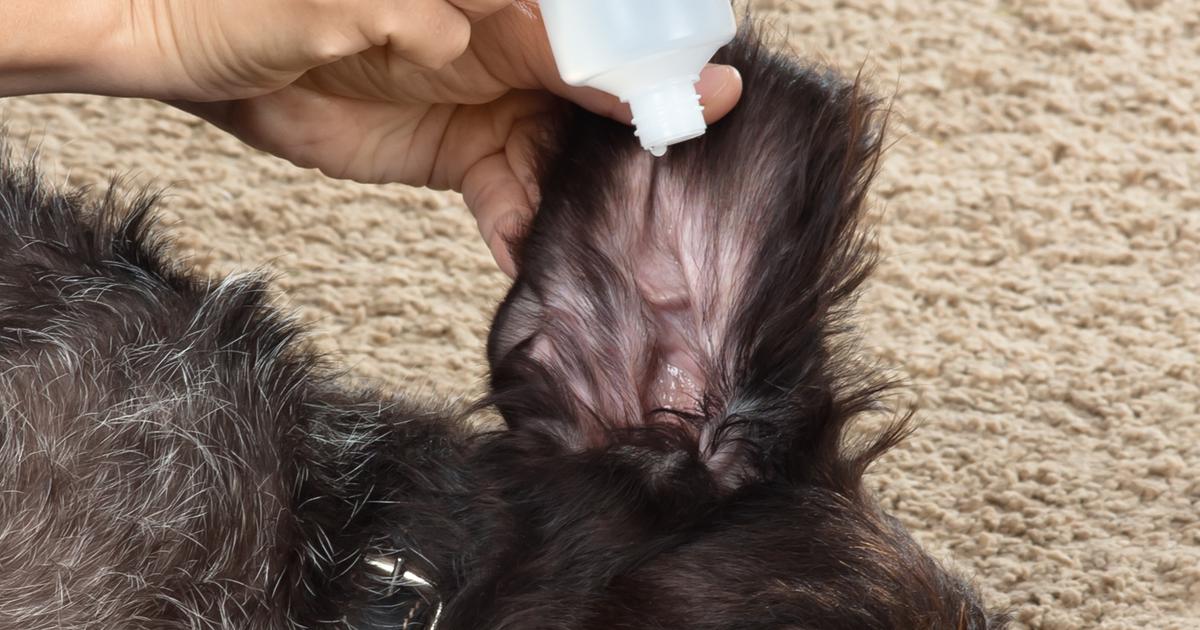
Topical medications may include ointments or ear drops owners must apply directly inside their puppy's ear. They can help treat the infection by preventing bacterial growth and loosening any wax and pus impacted in the ear canal. If the vet has prescribed topical medication for home use, it should come with specific instructions on how to properly administer it. Generally, you will be required to introduce the medication into your puppy's ear and massage it gently. Doing this can be painful for your dog, especially in the early stages of the infection. There is a chance your dog may scratch or bite you to try to escape the discomfort, so be patient and careful until you’re sure how your dog will react.
Oral Antibiotics
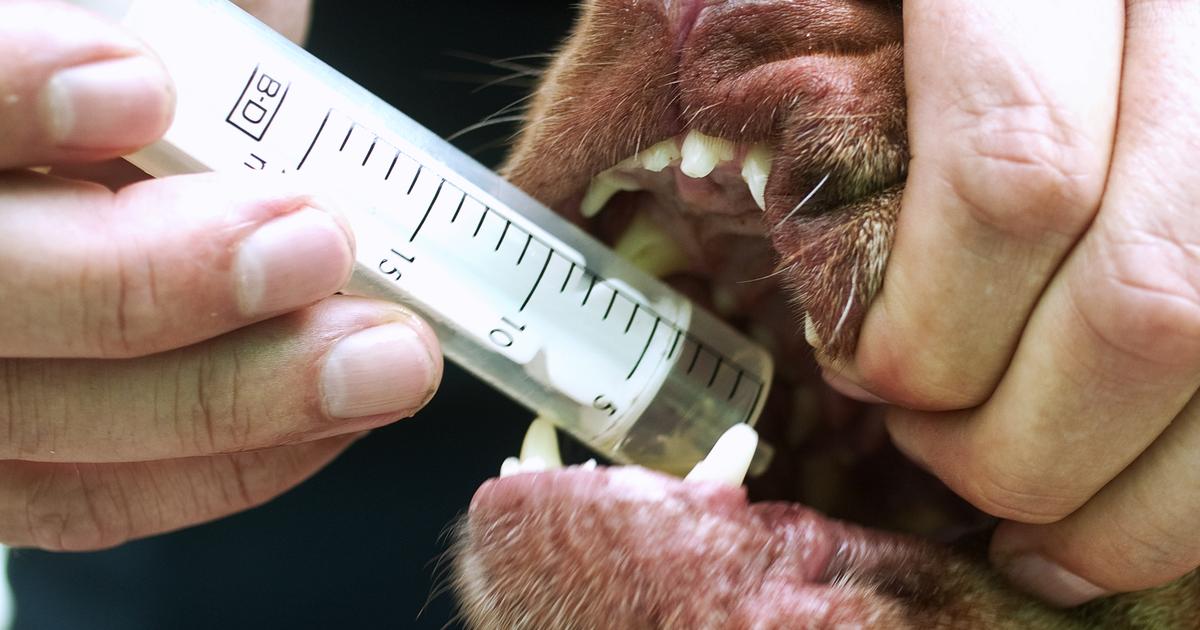
If your puppy has a severe infection, you may also be required to administer oral antibiotics along with the topical medication. Oral antibiotics usually come in pill or liquid form. If it’s a pill, you can hide it inside a piece of food, such as cheese or peanut butter, before giving it to your dog. If it’s in liquid form, you can add it to canned food or squeeze it directly into your dog’s mouth with a syringe. Regardless of what form of antibiotic your dog is prescribed, finishing the entire course is the most important factor. Continue administering antibiotics until you’ve used the entire prescription to prevent antibiotic resistance in your puppy.
Regular Cleaning At Home
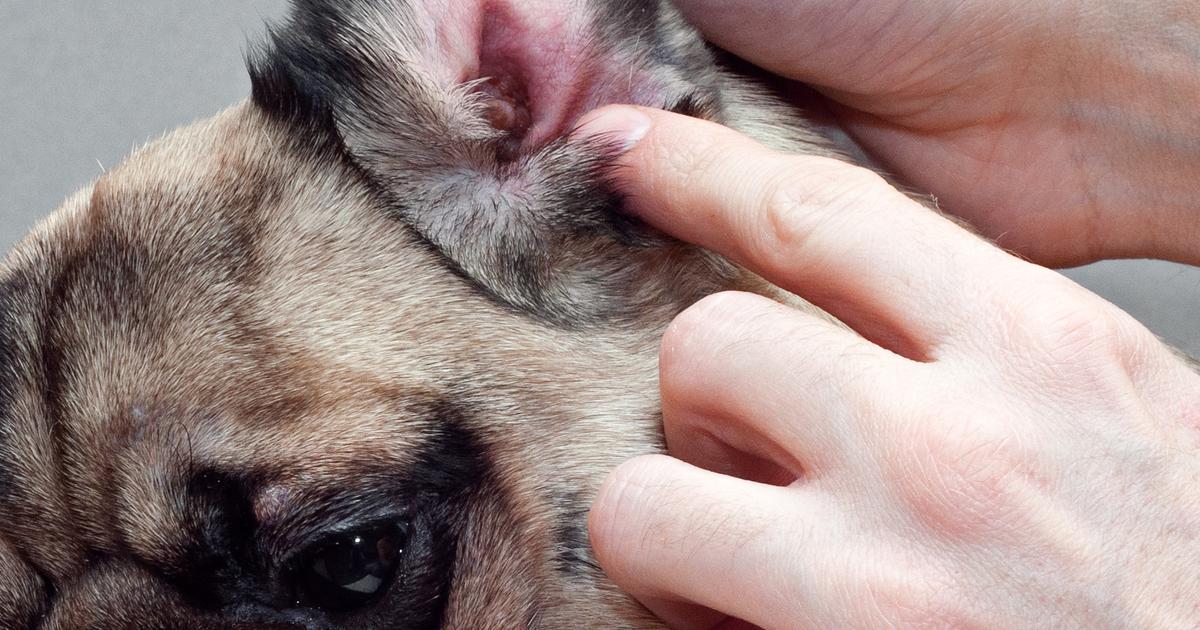
Along with visiting the vet and administering the right medicine, you should also be cleaning your dog’s ears, especially if they have been prescribed topical medication. Regular cleaning at home promotes healing, stops the infection from progressing, and clears the way for any medication to take effect. To do this, follow your vet’s instructions for cleaning your puppy’s ears, let them dry for ten minutes, then administer the topical medicine. If you own a breed that’s prone to regular infections, such as a basset hound or cocker spaniel, your vet might also recommend cleaning their ears weekly even if an infection isn’t present. This can help prevent future ear infections and also help you catch an infection in its very early stages.
Do Not Use Cotton Swabs or Rubbing Alcohol
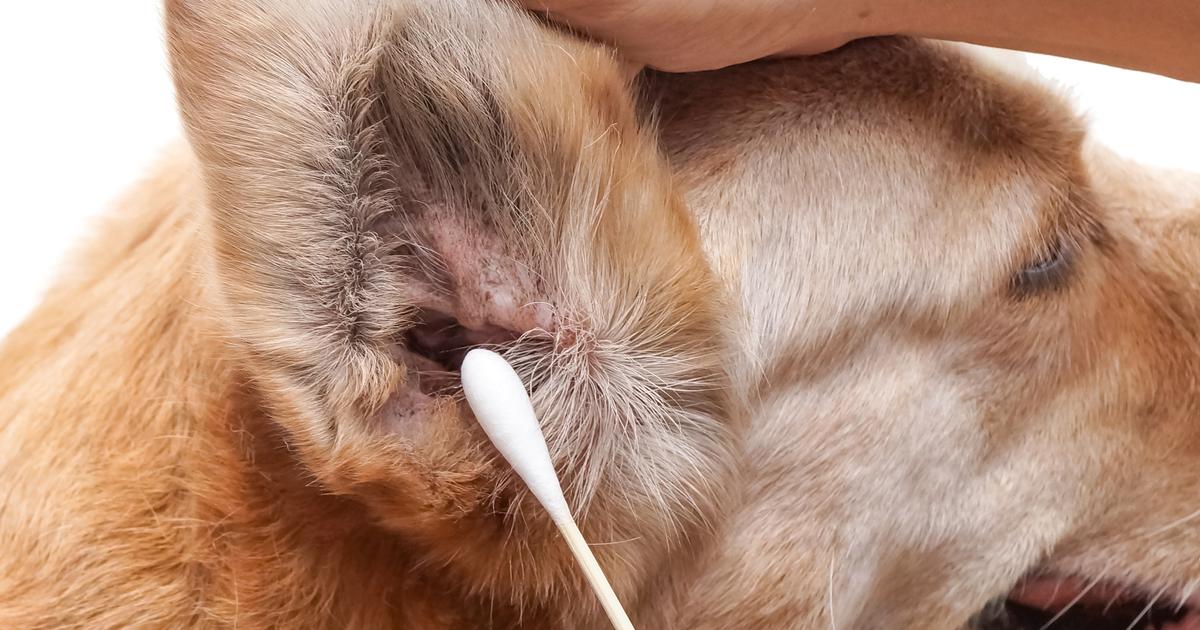
Whatever you do, do not use cotton swabs or rubbing alcohol on your dog’s ears. Alcohol has natural antibiotic properties, but it’s also extremely harsh, drying, and astringent. Imagine that your dog has a severe sunburn inside of their ears. Then, imagine how painful it would be if you dumped rubbing alcohol all over it! Cotton swabs are also detrimental to a dog’s ears. Using cotton swabs can push debris deeper into the ear canal and make an infection worse. When it’s time to clean your dog’s ears, skip the alcohol and stick to the solution prescribed by your vet. If you use clean cotton balls rather than swabs and follow the technique demonstrated to you by your vet, your puppy’s ear infection should clear in a week or two.
